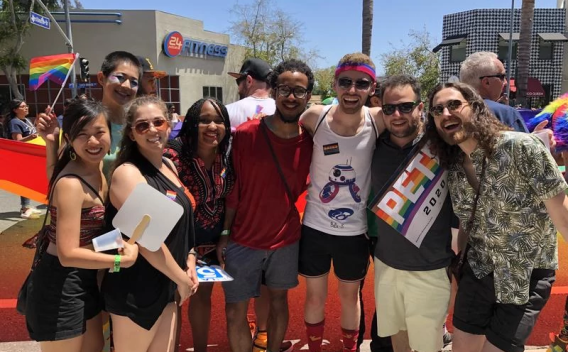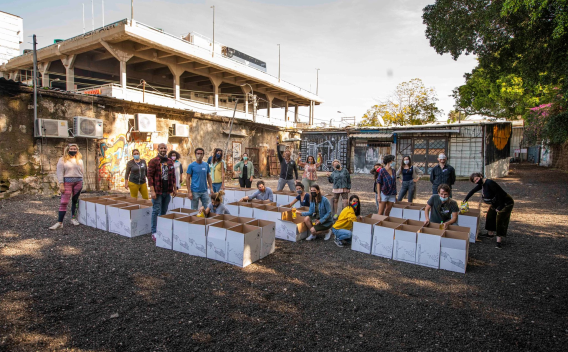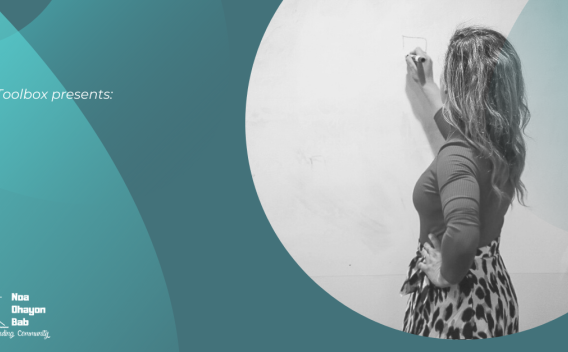By
Published
May 2, 2019
Tags
When his sister first saw him in Goa, she barely recognized him. He was twenty kilograms thinner, devoid of facial expressions, avoided eye contact and was completely withdrawn. He hardly noticed his sister’s presence. Instead, he was preoccupied with the voices inside his head. Sometimes these voices were kind but often they became terrifying and made him run for his life. He seldom slept or ate and gradually fell deeper and deeper into his psychosis. It seemed to me that he had been in this state for some time, probably more than three months. With time he lost contact with his family and friends, and ultimately kept getting involved in life-endangering situations. When his family understood the precarious state their son was in, they anxiously sought ways to bring him back home to be cared for. They were painfully aware of the ticking clock; that within a matter of seconds the voices might encourage him to jump off a roof or walk into a turbulent river. His younger sister was sent to try to convince him to return home. After two weeks, however, she was on the edge of despair.
Back in Germany, a friend referred the family to an Israeli website of an international rescue team that specializes in psychotic rescue missions of travelers around the world. They hadn’t even imagined such a service existed and immediately reached out for our help.
As the medical leader of these rescue missions, I soon found myself in India, merely a few weeks after leading another rescue mission in the same area. But this time was different because the patient was not Israeli, but German. During the flight from Israel to India, I mulled over probable cultural differences and tried to work out ways to approach him in a culturally sensitive way. When I actually met him, however, I ultimately realized that psychosis is psychosis – it looks and feels exactly the same, even if in a different language.
After a few sleepless nights and extremely hot days, the mission was successfully completed. We eventually returned to Germany and made our way together to a psychiatric hospital, where we first met his parents. The moment we arrived with their son safe in our arms, there was not a dry eye in the room. The parents cried while hugging and thanking us. The family had feared they had lost their son, but we did everything in our power to help him and bring him back to safety. During the past week, we were their last resort in this helpless situation. I must say that these hugs were, without a doubt, the greatest reward for our efforts. We saved a life and reunited a family – what a great feeling!
This rescue mission had an even greater significance for me due to its uncanny timing. Interestingly, it was the parents who noted the irony of it: during the Israeli Holocaust memorial week, an Israeli rescue team traveled all the way to India to save the life of a German man.
We finished the mission in Munich. While walking around and admiring the beautiful streets of the city, I couldn't help but imagine Swastika flags flapping on every building, the very structures that I remember from Holocaust photos and films. These were the same streets that were walked in fear, but this time I walked them in pride.
While I was still in Munich, completely committed to the wellbeing of a German man, my parents hosted a "Zikaron BaSalon" ("Memories in the Living Room") event, a grassroots initiative in which people gather together to open their hearts and listen to the stories of Holocaust survivors. Moshe, a Holocaust survivor, shared his personal story with the guests. He talked about the tragedy of the war, but above all, he chose to focus on the story of his saviors, the kind and brave German family that hid him in their truck across the borders and saved his life.
It is interesting to see how the world turns. Eighty years ago, it was a Jewish family crying while hugging and thanking a German family for saving their son. This week, I had the privilege to be on the other side.





